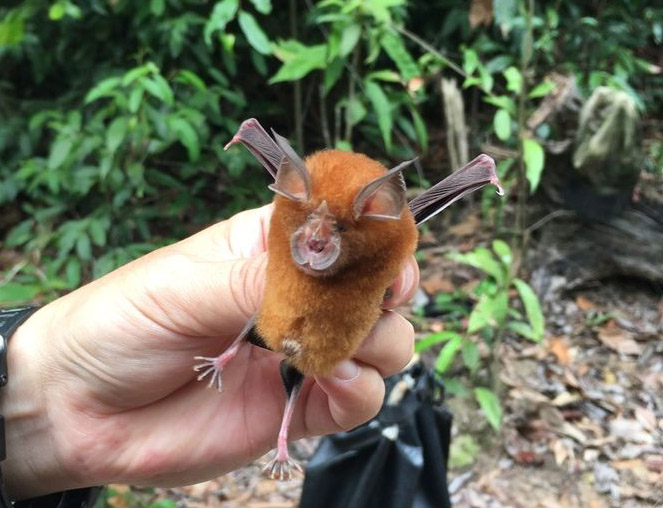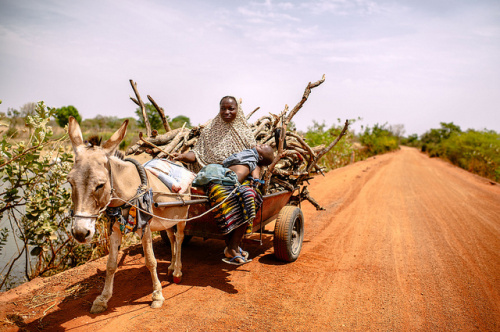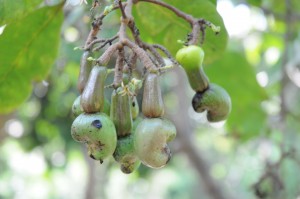View from the forest: the interlinked crises of COVID-19, environmental degradation and inequity – A Guest Blog
The underlying cause of the COVID-19 pandemic is the spill-over of a virus from a presumed bat wildlife source – and its spread in the vast human population and its vulnerable systems. There are many questions yet unanswered about the virus’s source – which species of bat, was it sold in the Wuhan Wet Market, did a number of bat-human transmissions occur or were transmissions to other animal species involved in the development of a virus capable of human to human transmission. For the moment all efforts are on controlling the disease. It has emerged and spread rapidly around the highly connected planet. In the long run, understanding how to prevent further such pandemics will be a major focus.

Link to license: https://creativecommons.org/licenses/by-nc/4.0/legalcode
IUFRO Spotlight #77 – Stepping up the Global Discussion on Forest Education
IUFRO Spotlight #77 – Stepping up the Global Discussion on Forest Education
“The future is for the young generation,” said Dr. Shirong Liu of the Chinese Academy of Forestry.
“And,” he added, “changes in the forest sector have led to new trends in forest education globally.
Spotlight #30 – Forests: Food for thought – and nourishment
Forests: Food for thought – and nourishment
A report that analyses the complicated, intertwined and often oppositional philosophies, land uses and governance regimes that comprise the forest-food nexus, will help inform deliberations as the United Nations Forum on Forests develops a 15-year roadmap for international forest policy.
At the heart of the new report is the understanding that forests and trees cannot, by themselves, replace the role of agriculture, but they are critically important to food security and nutrition.
Toss clichés aside and consider gender in ‘landscape’ context — expert says
NOTE: This text is reblogged from the CIFOR blog post at http://blog.cifor.org/20697/toss-cliches-aside-and-consider-gender-in-landscape-context-expert#.Us022ifzzTO
***********************************************************

We need to challenge our own blind spots and put gender research into practice, said Esther Mwangi, a senior scientist with the Forests and Governance Program at the Center for International Forestry Research. CIFOR/Ollivier Girard
WARSAW, Poland (18 December 2013) — Crafting development strategies based on credible research results rather than relying on outdated, unsubstantiated statistics will eliminate gender stereotypes and boost the fight against climate change, a development expert says.
Steering sustainable development polices toward a “landscapes approach” framework, which applies an integrated approach to land management, will make the relevance of gender to environmental debates even more apparent, said Seema Arora-Jonsson, associate professor of rural development with the University of Agricultural Sciences in Uppsala, Sweden.

